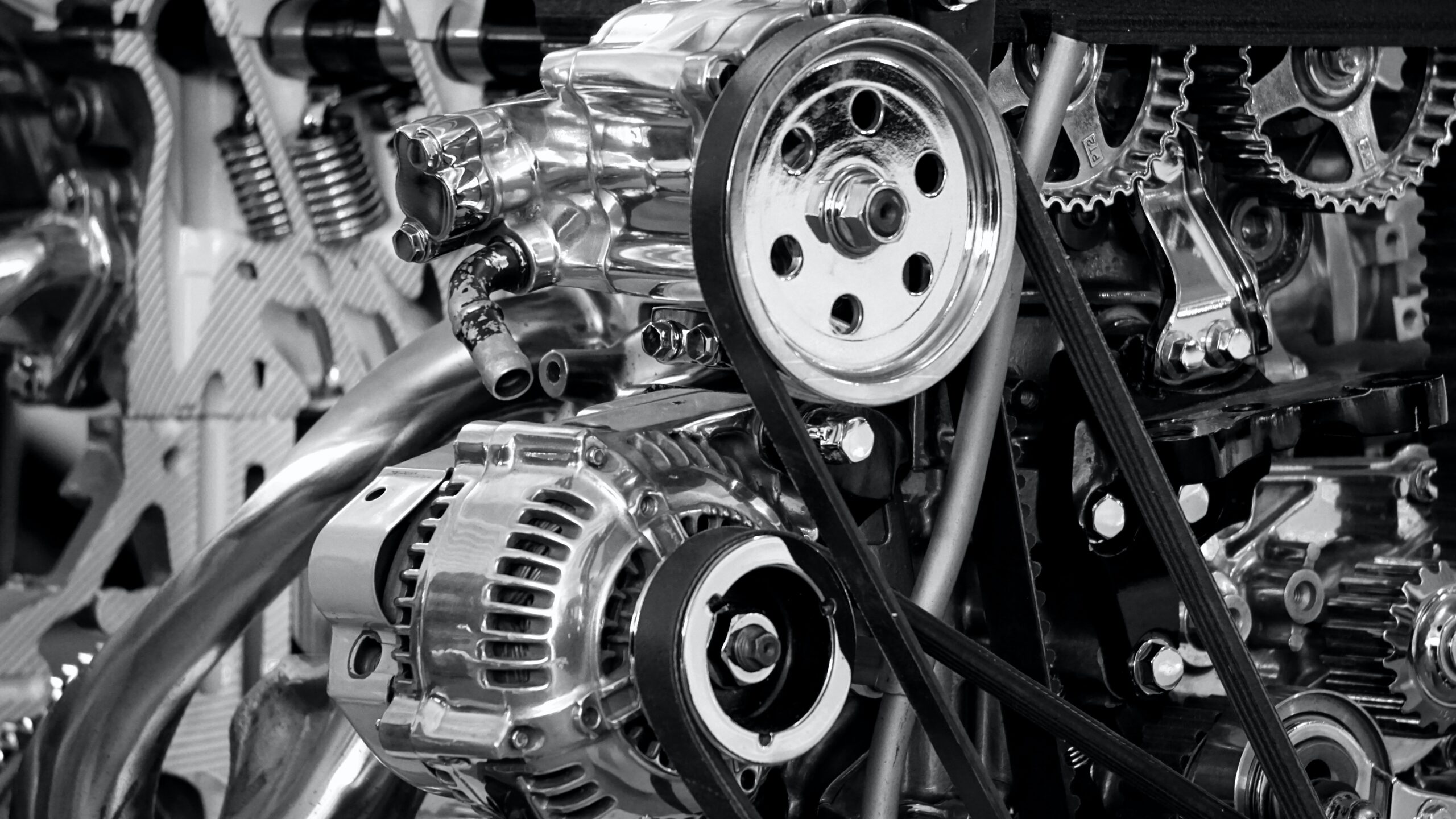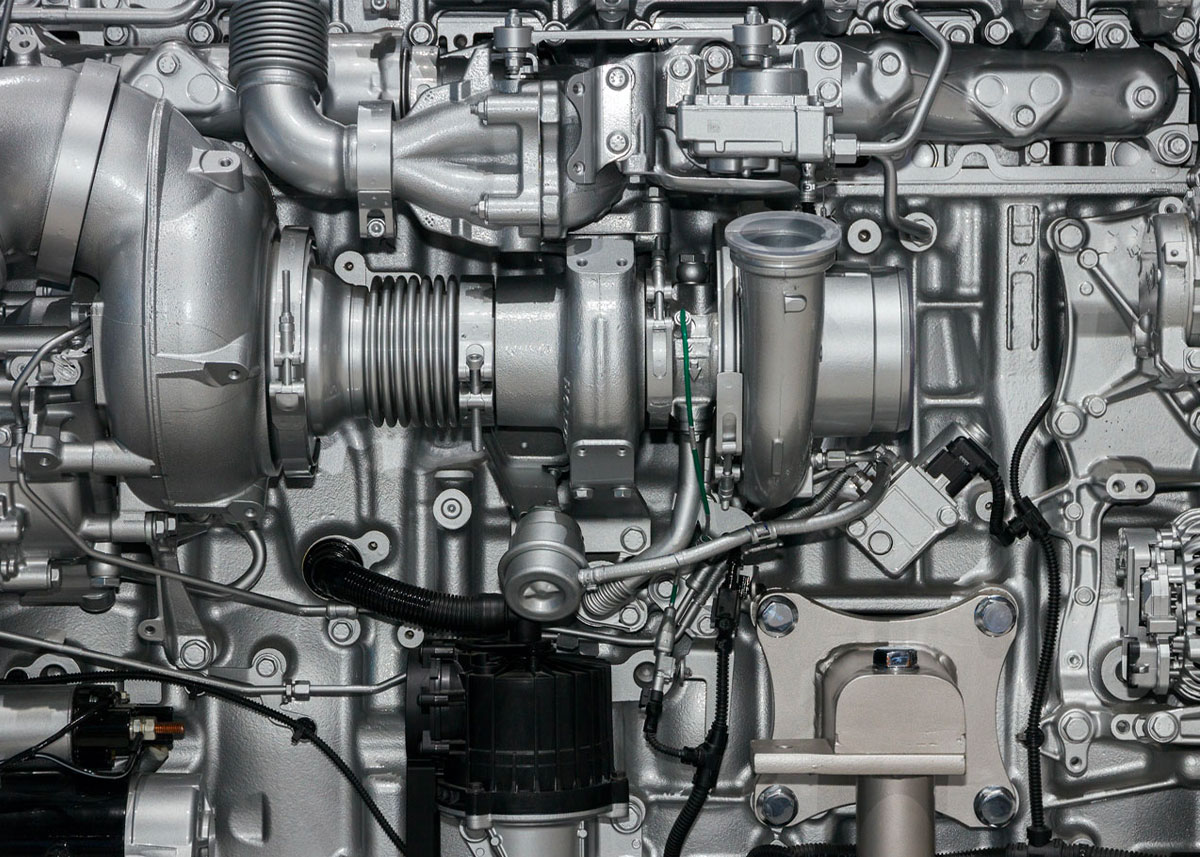Client Testimonials: Why Engines For Africa Attracts Attention
Client Testimonials: Why Engines For Africa Attracts Attention
Blog Article
Discover a Variety of Engines for each Vehicle and Purpose
The auto landscape is progressively complex, with a varied array of engine kinds created to satisfy certain performance and effectiveness needs across numerous lorry classifications. From the high-performance engines that power sports automobiles to the fuel-efficient options customized for daily commuting, the choices are large and varied. Furthermore, durable engines offer the needs of job automobiles, while environmentally friendly choices are getting traction in the search of sustainable transport. Comprehending these differences is essential for making educated decisions, particularly as arising innovations remain to form the future of vehicle engineering. What effects might these advancements hold for suppliers and consumers alike?
Types of Automotive Engines
Automotive engines can be categorized right into a number of distinctive kinds, each created to meet particular efficiency and performance needs. The most usual groups consist of interior burning engines, electric engines, and crossbreed systems.

Electric engines, on the various other hand, operate electric power saved in batteries, supplying immediate torque and absolutely no discharges. These engines are becoming increasingly prominent due to advancements in battery technology and the expanding focus on sustainability.
Crossbreed systems integrate both internal burning and electrical engines, allowing lorries to enhance fuel performance and lower emissions by seamlessly switching in between power sources. Each engine type provides its benefits and downsides, affecting elements such as vehicle layout, planned usage, and market demand. Comprehending these differences is essential for customers and suppliers alike when choosing the appropriate engine for their specific demands.
Performance Engines for Sports Cars
Performance engines for sporting activities cars and trucks are specifically crafted to provide enhanced rate, power, and dexterity, establishing them apart from standard automotive engines. These engines frequently utilize advanced modern technologies such as turbocharging, turbo charging, and variable shutoff timing to maximize performance and responsiveness.
Commonly, efficiency engines are developed with higher compression proportions, which enable better power extraction from fuel. This results in excellent horse power and torque numbers, allowing rapid acceleration and greater full throttle. In addition, the light-weight materials made use of in these engines, such as light weight aluminum and carbon fiber, contribute to decreased general lorry weight, improving handling and maneuverability.
Engine arrangements like V6, V8, and even hybrid systems prevail in efficiency cars, each offering unique advantages in regards to power shipment and driving dynamics. The tuning of these engines is also important; lots of producers maximize the engine administration systems to provide an electrifying driving experience, typically consisting of sport settings that readjust throttle response and gear changes.
Reliable Engines for Daily Commuters
In the realm of everyday commuting, efficient engines play a critical function in maximizing fuel economy and decreasing exhausts while supplying reputable performance. As metropolitan populaces expand and environmental concerns increase, the need for cars furnished with reliable powertrains has actually risen.
Modern engines developed for everyday travelers often integrate innovations such as turbocharging, straight gas injection, and hybrid systems. Turbocharging improves engine efficiency more helpful hints forcibly more air right into the burning chamber, permitting smaller sized, lighter engines that do not endanger power output. Direct gas shot boosts gas atomization, leading to better combustion and enhanced effectiveness.
Crossbreed engines, integrating internal combustion with electric power, further enhance fuel economic climate, especially in stop-and-go website traffic, where typical engines can suffer from inefficiencies. Electric motors assist during acceleration and can operate separately at low rates, decreasing general fuel usage.
Moreover, improvements in engine management systems and light-weight products contribute considerably to efficient engine design. By concentrating on efficiency, longevity, and environmental sustainability, suppliers proceed to provide engines that not only fulfill the needs of everyday commuting but additionally straighten with international initiatives to lower carbon impacts.
Heavy-Duty Engines for Work Autos
Sturdy engines for job cars are consistently crafted to deliver outstanding torque and dependability under demanding conditions. These engines are developed to do in environments where standard engines may fail, such as building websites, logging operations, and farming settings. The key focus of heavy-duty engines is their capacity to generate high degrees of power while preserving toughness over expanded durations of procedure.
Normally, durable engines use sophisticated materials and robust building methods to withstand the rigors of heavy workloads. Features such as strengthened cylinder blocks, enhanced cooling systems, and progressed gas injection innovations contribute to their performance. These engines frequently run at lower RPMs, which assists to maximize fuel effectiveness while giving the essential power for hauling and carrying.
In enhancement to mechanical effectiveness, heavy-duty engines are commonly equipped with sophisticated digital control units (ECUs) that handle efficiency, exhausts, and diagnostics. This see this website integration permits for better surveillance and maintenance, making sure that work cars continue to be effective and functional.
Ultimately, heavy-duty engines are an important element in the performance of different sectors, supplying the essential power and integrity to tackle the toughest of tasks.
Eco-Friendly Engine Options
The growing emphasis on sustainability has actually led to the development of green engine alternatives that focus on lowered exhausts and boosted gas efficiency. These engines are designed to reduce the environmental effect of vehicles while still providing the performance and reliability anticipated by consumers.
Among the most remarkable eco-friendly alternatives are hybrid and electric engines. Hybrid engines combine standard internal burning engines with electrical propulsion, permitting minimized fuel consumption and reduced greenhouse gas discharges. Electric engines, on the other hand, run completely on battery power, producing absolutely no tailpipe discharges and adding to cleaner air quality.
An additional appealing development is the development of biofuel engines, which utilize sustainable sources, such as plant materials, to power vehicles (Engines For Africa). By making use of biofuels, these engines can minimize dependence on fossil fuels and reduced general carbon footprints

As the vehicle market develops, green engine options will play a vital duty in my blog driving the change in the direction of even more lasting transportation services.
Conclusion
The vehicle market supplies a varied array of engines designed to satisfy different automobile requirements and objectives. From high-performance engines that improve sporting activities cars and truck abilities to reliable designs focusing on fuel economy for daily commuters, each type offers a specific function. Sturdy engines accommodate robust work automobiles, while environmentally friendly alternatives, such as electric and biofuel engines, promote lasting transportation. This thorough range makes sure that all driving requirements are dealt with, adding to improvements in automotive innovation and environmental stewardship.

Report this page